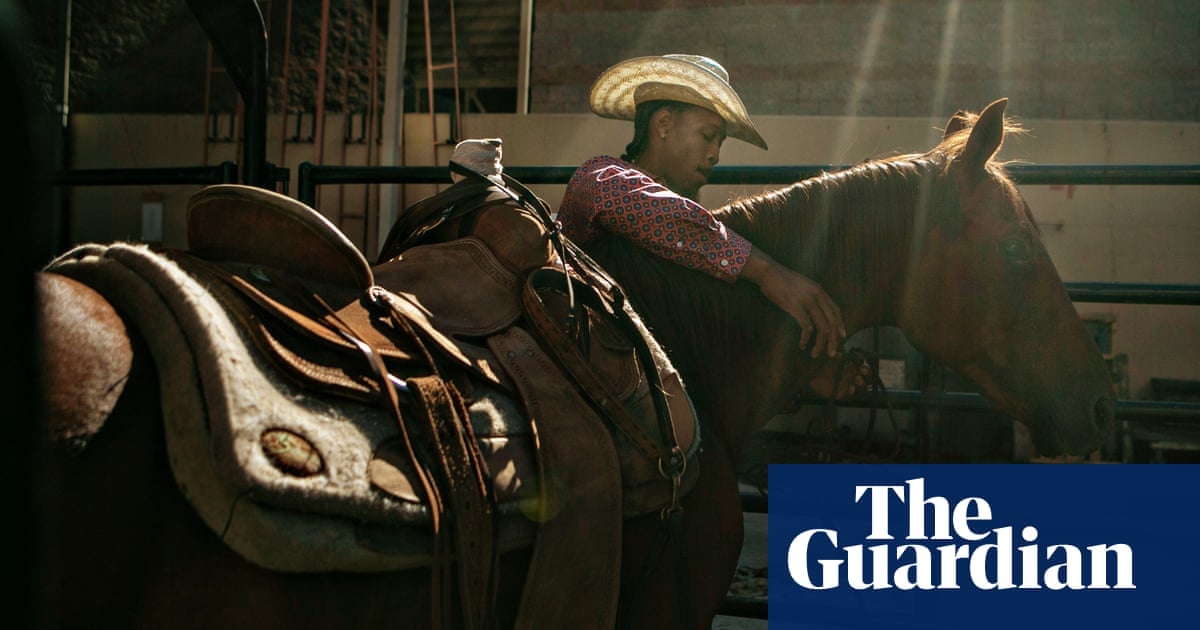When Larry Callies went to the movies as a boy in Rosenberg, Texas, the heroes riding horses and wearing 10-gallon hats were all white men.
But the real cowboys Callies knew were Black. His great-grandfather Lavel Callies was an enslaved cowboy who worked with horses professionally after emancipation. “We’re cowboys for three generations back,” says Callies, 71, who runs the Black Cowboy Museum.
Historians estimate that 20% to 25% of the people who settled the continental US west – a region from Washington state to Montana and New Mexico to California – were Black men and women. They moved cattle on horseback, settled towns, kept the peace and delivered the mail in the wild, wild west. But Black cowgirls and cowboys have been pretty much invisible to most. For nearly 200 years, two separate cowboy narratives, one Black and one white, have trotted side by side in the US. The two have rarely crossed paths. Until now.



They should make an African parody cowboy movie and call it ‘Best Western.’